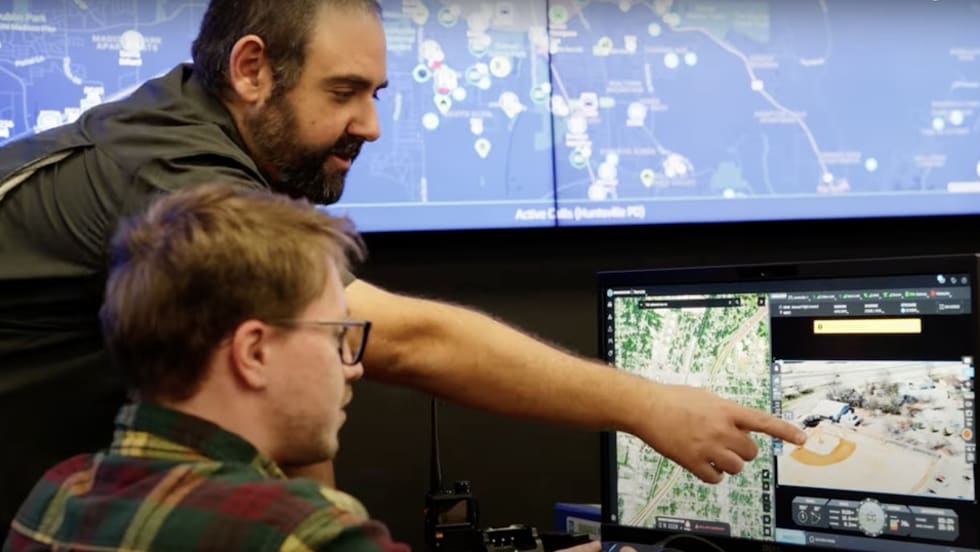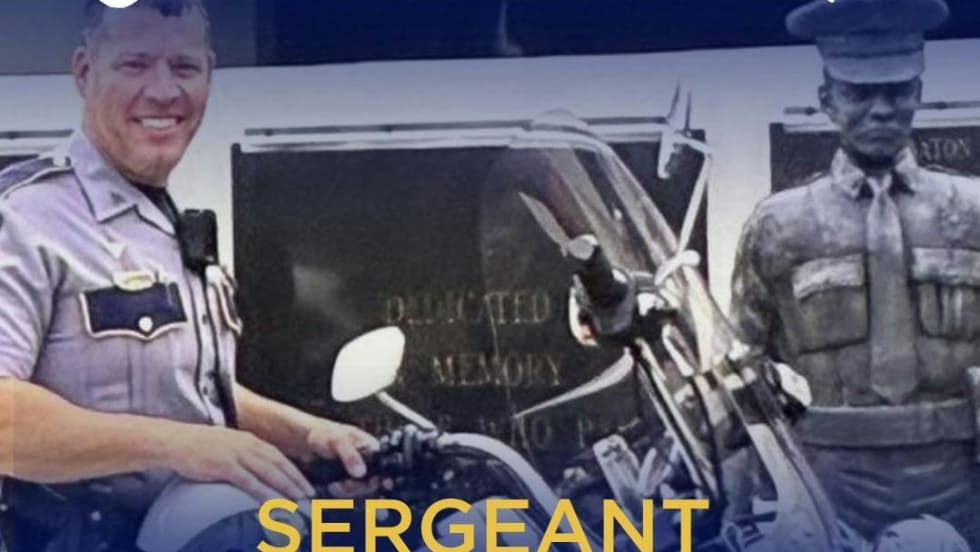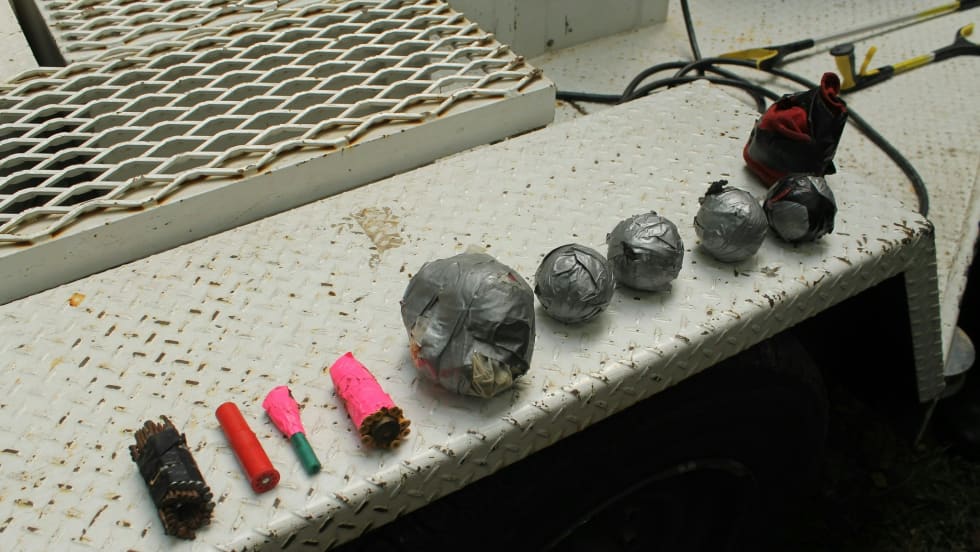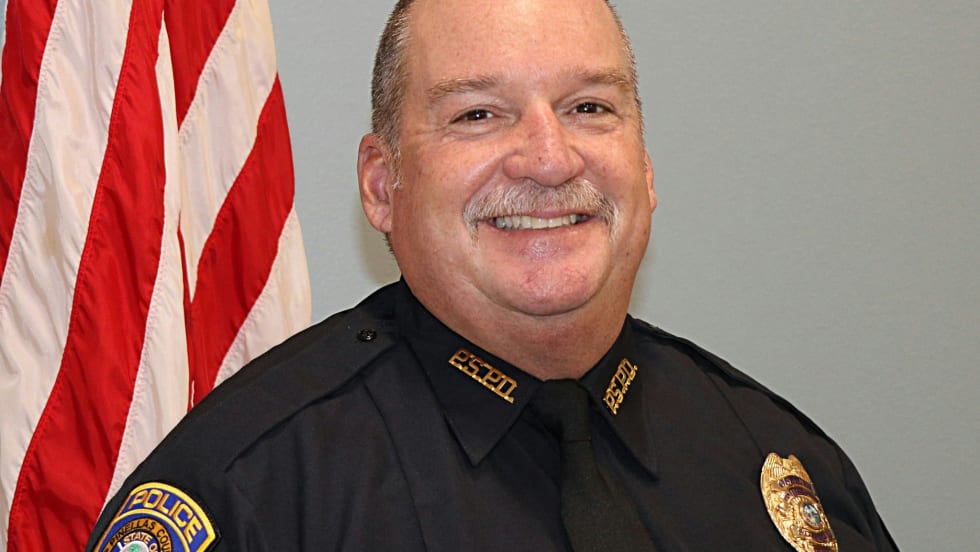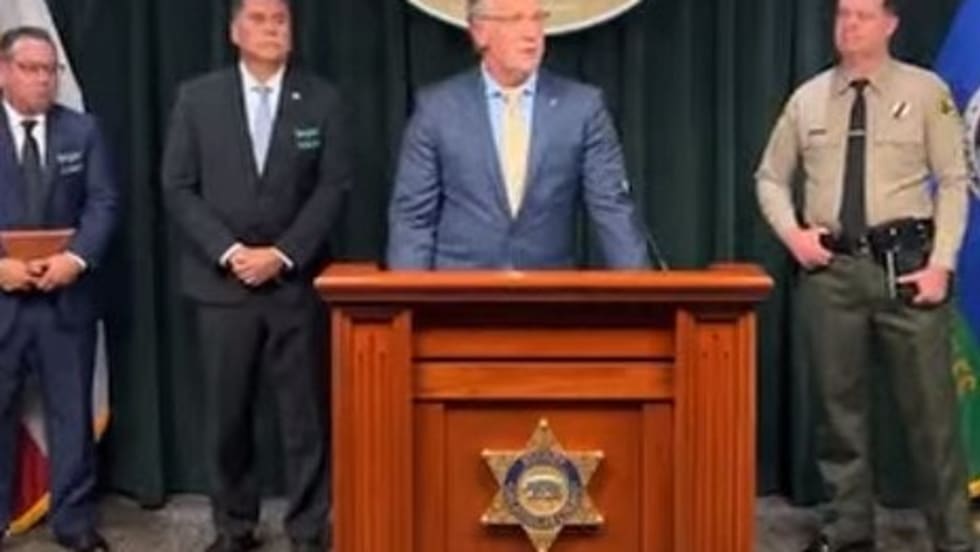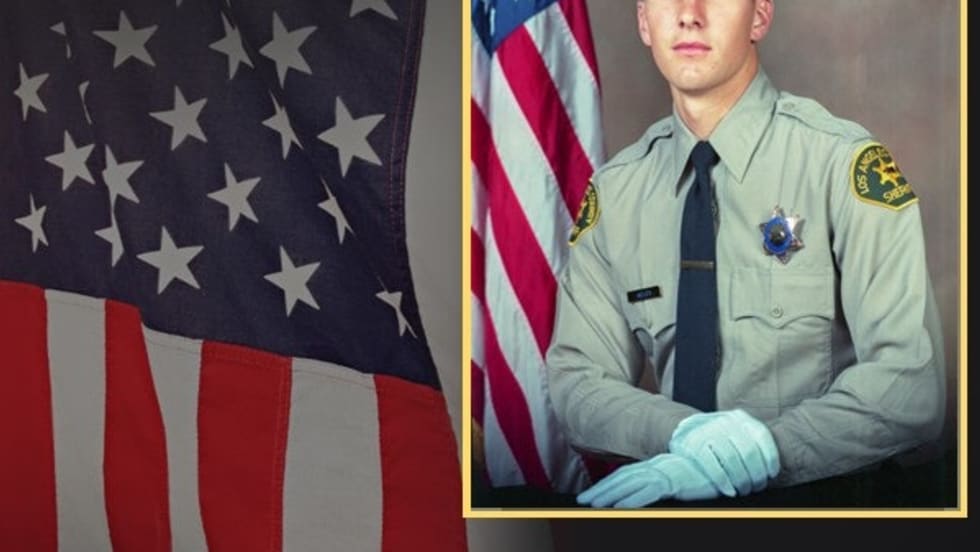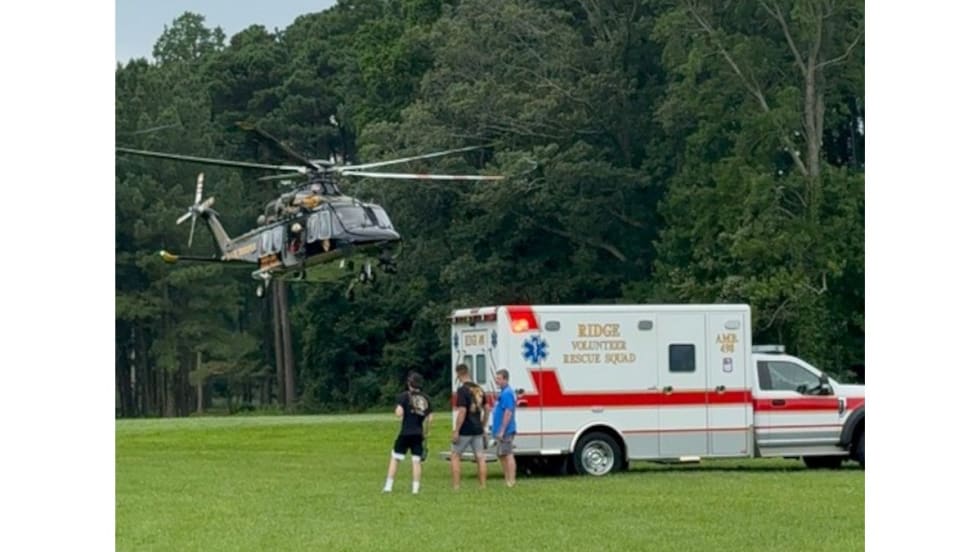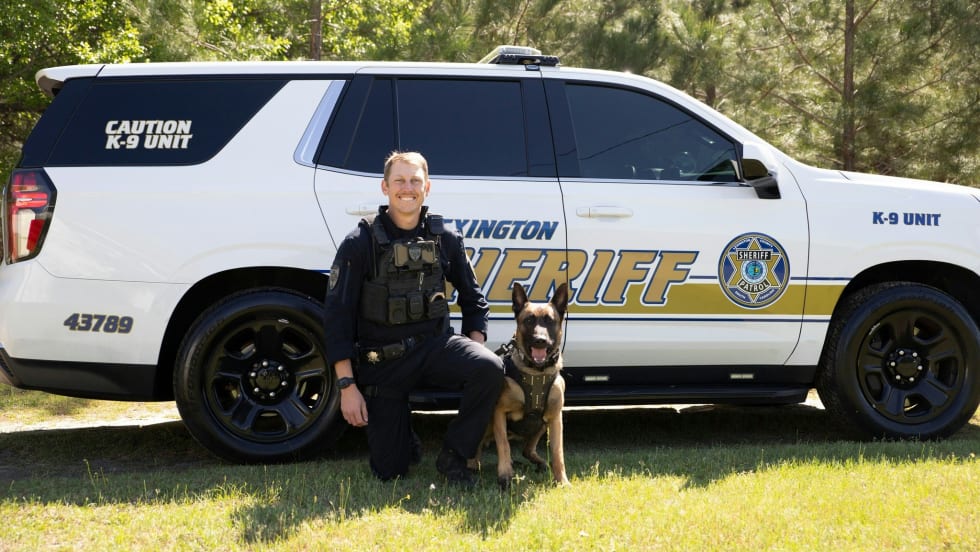When authorities in Texas made a point of not mentioning the name of a man who killed 26 people during Sunday church services in November, saying they did not want to glorify him, their gesture was only the most recent expression of a sentiment that has found growing support in law enforcement and journalism.
The notion that rampage killers act, in part, out of a craving for attention—the so-called “contagion effect”—has long found support in psychiatric and scholarly thought. But the popular urge to curb the problem by changing how journalists cover mass shootings can trace its roots to a moment on CNN in 2012, three days after the Aurora, Colorado, theater massacre, when Tom Teves, an anguished father of one of the shooting victims, lashed out at news-coverage priorities.
“Why are we talking about that person?” Teves asked after the shooter’s first court appearance ended up plastering the airwaves and social media with his bug-eyed, orange-haired visage. Why not ignore him, Teves challenged—and focus instead on victims like Teves’ son Alex, 24, who was killed after heroically jumping into the line of fire to shield his girlfriend?
In the more than five years since, Teves’ first reaction grew into the No Notoriety campaign that Teves and his wife Caren run from their home in Phoenix. It has been endorsed by major law enforcement groups and a number of media figures, including Teves’ original CNN interviewer, Anderson Cooper.
Others have mounted like-minded efforts, among them the FBI-endorsed Don’t Name Them campaign developed by the ALERRT Center at Texas State University; and guidelines crafted by Columbia Journalism Review, the Dart Center for Journalism and Trauma, and Mother Jones magazine. But, thanks to the Teves’ flair for branding, and their stature as a murder victim’s survivors, theirs has gotten much of the attention.
An interview with Teves can be read on the Crime Report.
Police Magazine published an editorial on this issue in 2012.
You can also read a discussion of this issue in our 2009 interview with Dave Cullen, author of Columbine.


